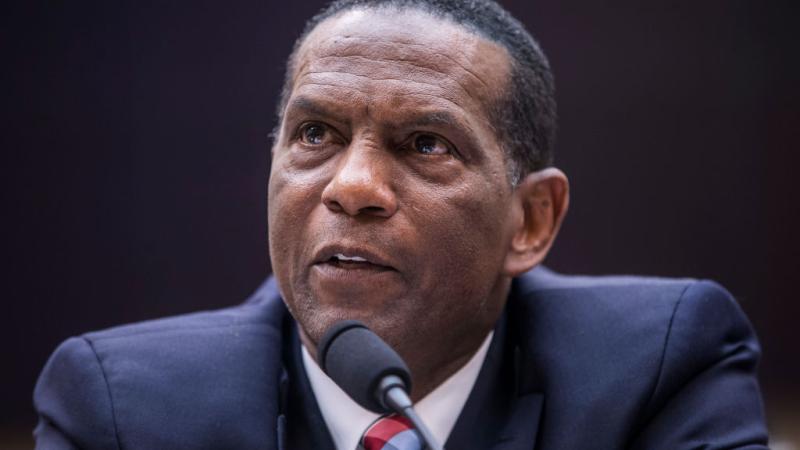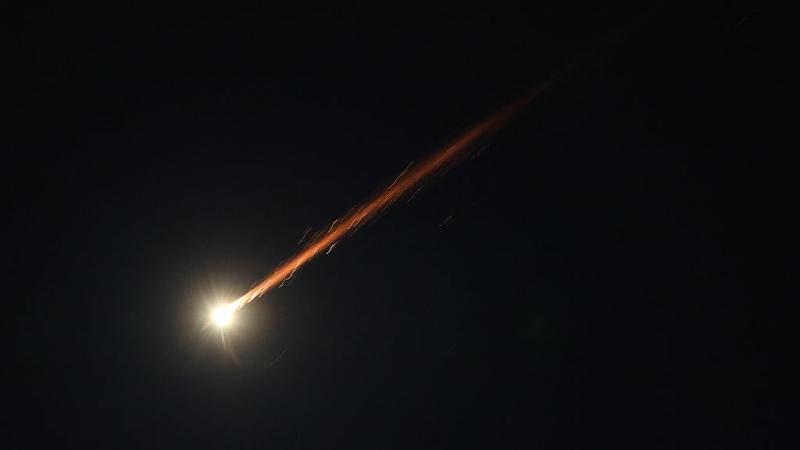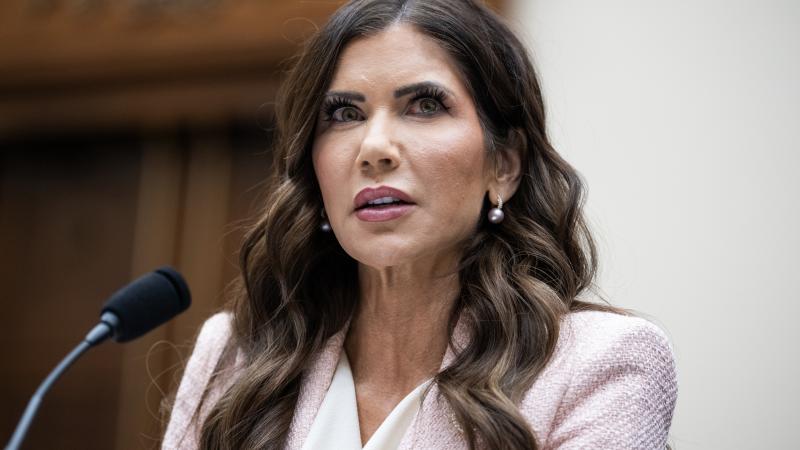Newly declassified evidence casts doubt on Obama intel assessment about Russia’s election intentions
CIA's former Moscow station chief says 2017 conclusion that Russia tried to elect Trump not supported by evidence.
Newly declassified evidence suggesting Russia spread false but derogatory information about President Trump four years ago is calling into question the Obama administration’s intelligence assessment that Moscow was trying to help the Republican win the 2016 election.
The evidence declassified over the last two weeks by Director of National Intelligence Ric Grenell and Attorney General William Barr revealed that Russia knew as early as July 2016 that British intelligence operative and FBI informer Christopher Steele was aiding an election year FBI probe of Trump.
The evidence also showed the FBI was repeatedly warned that Steele was susceptible to Russian disinformation and that U.S. intelligence concluded some of his Hillary Clinton-funded dossier’s claims about Trump were false information planted by Moscow’s intelligence services.
Any effort by Russia to provide negative information about Trump to Steele, an opposition researcher for Clinton’s campaign, would undercut the notion that Moscow was trying to defeat Clinton and help Trump, experts said.
As the Obama administration was headed out the door in January 2017, its intelligence leaders concluded with moderate to high confidence that Russia’s election meddling in 2016, including the hack of emails from Clinton campaign chairman John Podesta and the Democratic Party, was designed to help Trump defeat Clinton.
While nearly all experts support the conclusion that Russia hacked the emails, some questioned the conclusion about Russia's intentions at the time, including then-House Intelligence Committee Chairman Devin Nunes, R-Calif. Those doubters say Russia was far more interested in sowing doubt about American democracy -- consistent with its kompromat playbook -- than picking a specific winner or loser.
Daniel Hoffman, the CIA’s former station chief in Moscow and one of America’s premier experts on Russia spy tradecraft, said he believed all along the Obama administration’s assessment was wrong and the newly declassified evidence confirms his suspicions.
“The question of whether Russia favored Clinton or Trump is superfluous,” he said. “There is no evidence Russia ever had the throw weight to influence the outcome of the 2016 election, the 2017 DNI report confirmed that.
“The reason for Russia’s interference in our electoral process was more simple. Putin hates Democrats, and he hates Republicans because what scares him the most is democracy — freedom, liberty — which continued to be an inspiration to the Russian people whom he oppresses,” Hoffman told Just the News.
Nunes said Sunday he believes the intelligence community assessment (ICA) was as flawed as the Steele dossier and special prosecutor Robert Mueller’s final report.
“There's essentially three, what I would call phony documents, also called dossiers," the congressman said, referring to the Steele Dossier, the ICA, and the Mueller report.
Republican congressional investigators are now focused on what the CIA was telling the FBI in the period in 2016 before the ICA came out suggesting Russia had helped Trump, Nunes said.
"We need to know exactly what did the CIA give to the FBI in 2016? That's what our investigation is now focusing on,” he said.
The newly declassified footnotes from Justice Department Inspector General Michael Horowitz’s report on failings in the Russia probe give several clues to what the CIA knew about how flawed the FBI probe into Trump-Russia collusion was.
The concerns included that the CIA knew that the ostensible main target of the FBI probe, former Trump campaign adviser Carter Page, was a CIA asset and not a Russian spy. U.S. intelligence also concluded that meetings that Steele alleged to have attended with Russia figures like Igor Sechin, a Putin acolyte, did not occur, the documents show.
In addition, the U.S. intelligence community kept receiving warning signs that information Steele was feeding the FBI in his dossier was false and likely planted by Russian intelligence.
Here are three passages in the recently declassified evidence that highlighted those concerns:
-
“A January 12, 2017, report relayed information from [redacted] outlining an inaccuracy in a limited subset of Steele's reporting about the activities of [Trump lawyer] Michael Cohen. The report stated that it did not have high confidence in this subset of Steele's reporting and assessed that the referenced subset was part of a Russian disinformation campaign to denigrate U.S. foreign relations,” one declassified passage declared
-
“A USIC report dated February 27, 2017, contained information about an individual with reported connections to Trump and Russia who claimed that the public reporting about the details of Trump's sexual activities in Moscow during a trip in 2013 were false, and that they were the product of [Russian intelligence services] ‘infiltrate[ing] a source into the network" of [redacted], who compiled a dossier based on false information about Trump’s activities fed to him by the infiltrated Russian source.
-
"The Primary Sub‐source also told the FBI at these interviews that the sub-source who provided the information about the Carter Page-Sechin meeting had connections to Russian Intelligence Services (RIS).”
Hoffman, the CIA’s former Moscow station chief, said his assessment after the Steele dossier became public in a BuzzFeed media leak in January 2017 was that Russia had fed the former MI6 agent bad information.
“I’ve always maintained based on my experience working against Russian intelligence, that the Kremlin was tracking Christopher Steele’s collection efforts. Putin would have recognized the opportunity to infiltrate Steele’s work and plant misinformation, which would not immediately be spotted since Steele was supposed to be a reliable, retired MI-6 officer with a strong background on Russia,” Hoffman said.
“Putin hoodwinked everyone who believed the most ‘salacious and unverified’ portions of the Steele dossier. Putin would have purposely included this information because he knew the Trump campaign would vociferously reject the claims. Steele’s reporting was so extreme, it would spark investigation, and if there is one thing Putin knows about our democracy it is that we eventually uncover the truth,” he added.
“Once Steele’s shoddy dossier was exposed for what it was, Trump and his supporters rightfully had a bone to pick with Democrats. So Putin got what he wanted. The Steele dossier was used as fodder in our partisan, political meat grinder. Putin’s goal is to exacerbate the already high level of animosity between Democrats and Republicans, with an eye towards degrading our democracy.”
The Facts Inside Our Reporter's Notebook
Documents
Read the newly declassified evidence
Read the Horowitz report on failures in the FBI's Russia probe.
















